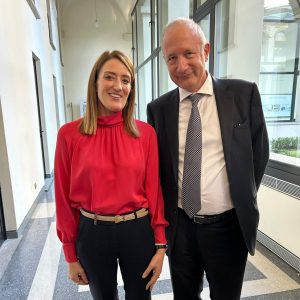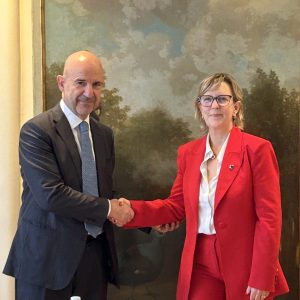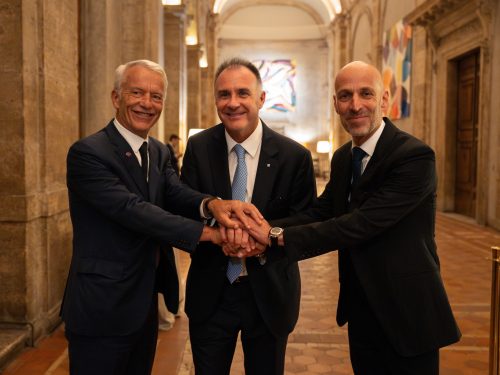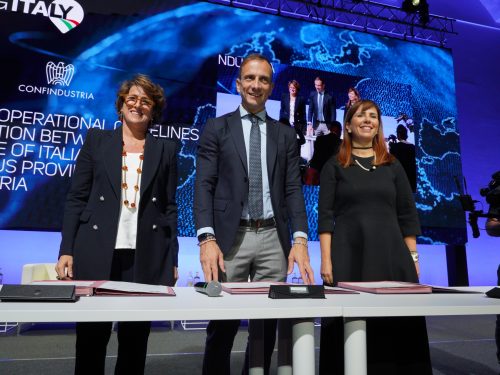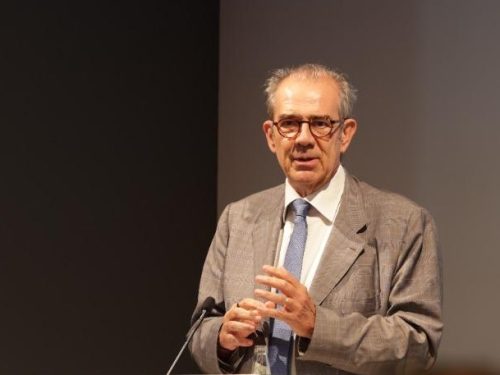News
Share on
'Research, urgent to restore certainty to fiscal instruments'. Thus Emanuele Orsini, Confindustria Vice President for Credit, Finance and Taxation, in an interview with Il Sole 24 Ore. "The Dl Aiuti ter extends the deadlines for the return of ReS tax credits used from 2015 to 2019. Companies will have an extra month to assess whether they have made undue compensations due to errors in calculation or in the selection of eligible assets. We took our time and it was the least we could do. Minister Giorgetti supported this request of ours, but it is only a first step, now the issue has to be addressed on the merits'.
Orsini highlighted how disastrous the management of the ReS credit has been, 'despite the proposals made by Confindustria to correct the course. Subsequent interpretations on the activities that can be facilitated have been drawn up, and these interpretative developments have not always been taken into account in the assessment, merely applied retroactively. Added to this is a heavy sanctioning response, with criminal implications, even in cases of mere errors in the identification of facilitable activities'. And, according to the Vice-President, 'we are not talking about fraud - those must be pursued with determination - we are talking about errors, determined by a definitional framework that is not entirely limpid, in a subject that requires extra-fiscal expertise. It is in the light of these critical issues that, at the end of 2021, the possibility of credit restitution has been provided for. A sort of 'amnesty' that appears to be an unconditional surrender in the face of the management difficulties exposed. This was followed by the massive sending of compliance letters by the Revenue Agency: this fuelled the doubts of taxpayers who had acted in total good faith'.
For Orsini, action could be taken, and it is expected that this month will allow room for reflection given 'the objective uncertainty in which the incentive continues to gravitate. I am referring to the urgency of greater certainty on the application boundaries of the facilitation, possibly with an Agenzia delle Entrate/Mise circular that specifies the application over time of the different interpretative guidelines. As far as the future is concerned, I am thinking of a greater involvement of Mise also in the assessment phase, without leaving it to the tax authorities to carry out technical assessments independently. On these 'details' depends respect for the constitutional principles of good performance of the PA and the taxpayers' right to defence'.
These measures are fundamental because 'they are real industrial policy instruments,' the Vice-President recalled, 'adopted by now in almost all OECD countries to strengthen competitiveness, encourage qualified investments, and enhance the value of intangibles. Orsini then noted that these measures, to be effective, must be certain and structural. "Today, or rather from 2020, the facilitation of investment in research has taken on a new guise (Law no. 160 of 27 December 2019), but what has happened so far risks discouraging companies even in the use of the renewed incentive".
"Our companies now face enormous difficulties but, like tightrope walkers, we must not stare into the abyss but keep our eyes fixed on the goal and move forward. We need a country system that is up to the challenge,' Orsini said, 'that shows readiness to act to reduce the pathological degree of uncertainty we are experiencing. We need an overall vision and the will to build effective industrial policies. On the merits, I believe that we can never disregard - both in the 'genetic' phase and in the management of automatic tax incentives - a better synergy between Administrations, with a necessarily multidisciplinary approach that involves various actors from the PA and the business world'.
In conclusion, Orsini recalled that 'this is perhaps a more general issue of the quality of legislation, which, however, in the tax field takes on a peculiar connotation, given the nature of the legal tax relationship and the scope on which the rules affect it. The hope is that our appeals will not fall on deaf ears and that order will finally begin to be established'.



